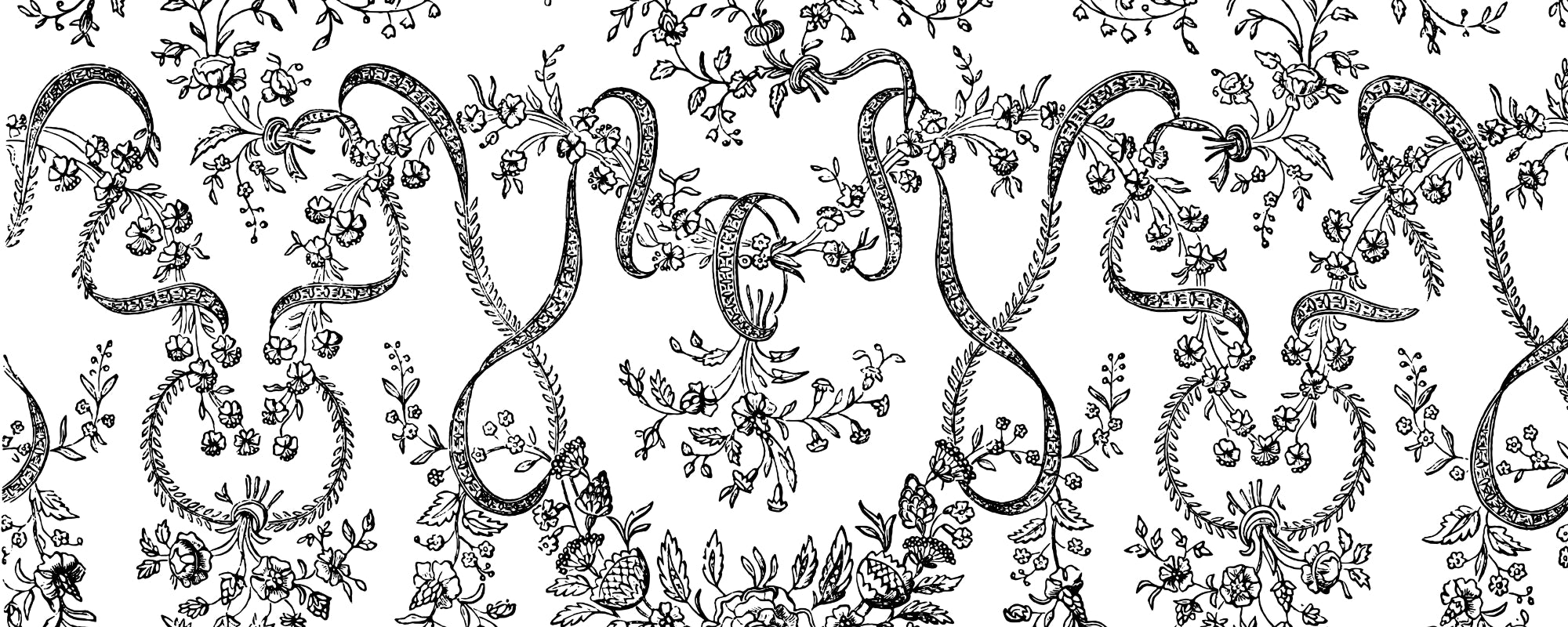In our quest for eternal youth and optimal health, we often overlook how our daily habits can accelerate aging and compromise our wellbeing. Three prevalent addictions – sugar, dopamine, and caffeine – play a particularly significant role in how we age, both inside and out. Let's dive deep into these modern dependencies and uncover their far-reaching effects on our health and beauty.
SUGAR: THE SWEET POISON AGING US FROM WITHIN
What makes that chocolate bar so irresistible? The answer lies in sugar's powerful effect on our brain's reward system. When we consume sugar, our brain releases dopamine – the same neurotransmitter involved in drug addiction. Research shows that sugar can be up to eight times more addictive than cocaine in certain conditions.
The Diabetes Connection
The average American consumes about 17 teaspoons of added sugar daily – more than triple the recommended amount. This overconsumption isn't just about calories; it's actively damaging our bodies. Excessive sugar intake forces our pancreas to produce more insulin, eventually leading to insulin resistance – the precursor to Type 2 diabetes. What many don't realize is that diabetes accelerates aging in multiple ways:
- Blood vessel damage leading to reduced circulation and slower healing
- Increased inflammation throughout the body
- Higher risk of kidney damage and heart disease
- Compromised immune system function
- Accelerated cognitive decline
The Aging Connection
Sugar's aging effects go far beyond diabetes risk. Through a process called glycation, sugar molecules attach to proteins in your skin (particularly collagen and elastin), forming Advanced Glycation End products (AGEs). These AGEs:
- Make skin less elastic and more prone to sagging
- Create cross-links in collagen fibers, leading to stiffness and wrinkles
- Generate free radicals that further damage skin cells
- Impair the body's natural antioxidant enzymes
- Accelerate cellular aging throughout the body
DOPAMINE: THE DIGITAL DRUG DETERIORATING OUR MENTAL HEALTH
The dopamine addiction driven by our digital devices goes deeper than we think. While checking social media 96 times per day might seem harmless, this constant dopamine stimulation is rewiring our brains and accelerating cognitive aging.
The Mental Health Crisis
Excessive dopamine stimulation from digital sources can lead to:
- Decreased natural dopamine production, making it harder to feel pleasure from normal activities
- Increased risk of anxiety and depression
- Attention span deterioration and difficulty focusing
- Memory problems and cognitive decline
- Disrupted emotional regulation
The Aging Brain Connection
Recent research suggests that constant dopamine overstimulation may accelerate brain aging by:
- Reducing grey matter volume in reward-processing areas
- Impairing neuroplasticity and learning ability
- Disrupting natural sleep patterns crucial for brain repair
- Increasing oxidative stress in neural tissues
- Contributing to inflammation in the brain
CAFFEINE: THE DOUBLE-EDGED SWORD OF AGING
While coffee has been celebrated for its antioxidant properties, excessive caffeine consumption can accelerate aging through multiple mechanisms.
The Dehydration Factor
Caffeine's diuretic effect goes beyond mere fluid loss:
- Decreases cellular hydration, affecting all organ systems
- Impairs nutrient absorption and toxin elimination
- Reduces skin elasticity and plumpness
- Worsens the appearance of fine lines and wrinkles
- Compromises kidney function over time
The Mineral Depletion Crisis
One of caffeine's most overlooked effects is its impact on essential minerals in our body, acting especially as a powerful magnesium antagonist, significantly affecting the work of this crucial mineral:
- Each cup of coffee can flush out up to 40mg of magnesium
- Magnesium is essential for over 300 bodily functions
- Low magnesium levels can lead to:
- Increased anxiety and stress response
- Poor sleep quality
- Muscle tension and cramping
- Compromised bone health
- Reduced energy production at the cellular level
Caffeine doesn't stop at magnesium; it affects various other essential minerals too:
- Calcium: Increased urinary calcium excretion, potentially leading to bone density issues
- Iron: Reduced iron absorption, especially when consumed with meals
- Potassium: Enhanced excretion through increased urination
- Zinc: Decreased absorption and utilization, affecting immune function and skin health
- B Vitamins: Accelerated depletion of these energy-essential nutrients
The Hidden Aging Accelerators
Lesser-known effects of excessive caffeine include:
- Interference with collagen synthesis
- Disruption of calcium absorption, affecting bone health
- Increased cortisol production, leading to stress-related aging
- Compromised sleep quality, essential for cellular repair
- Acidic pH effects that can lead to further mineral loss
THE PATH FORWARD
True wellness requires understanding how these modern addictions interconnect and affect our aging process. While complete elimination might not be realistic or necessary, conscious moderation and healthy alternatives can dramatically improve both how we age and how we feel.
Remember that aging is a natural process, but premature aging from these addictions is something we can actively prevent. By making informed choices about our daily habits, we're not just investing in our current health – we're protecting our future wellbeing and natural beauty.
Your journey to better health and graceful aging starts with awareness. Small, consistent changes in how you manage these common addictions can lead to significant improvements in both your health span and appearance. After all, the most effective anti-aging strategy is one that works from the inside out.





